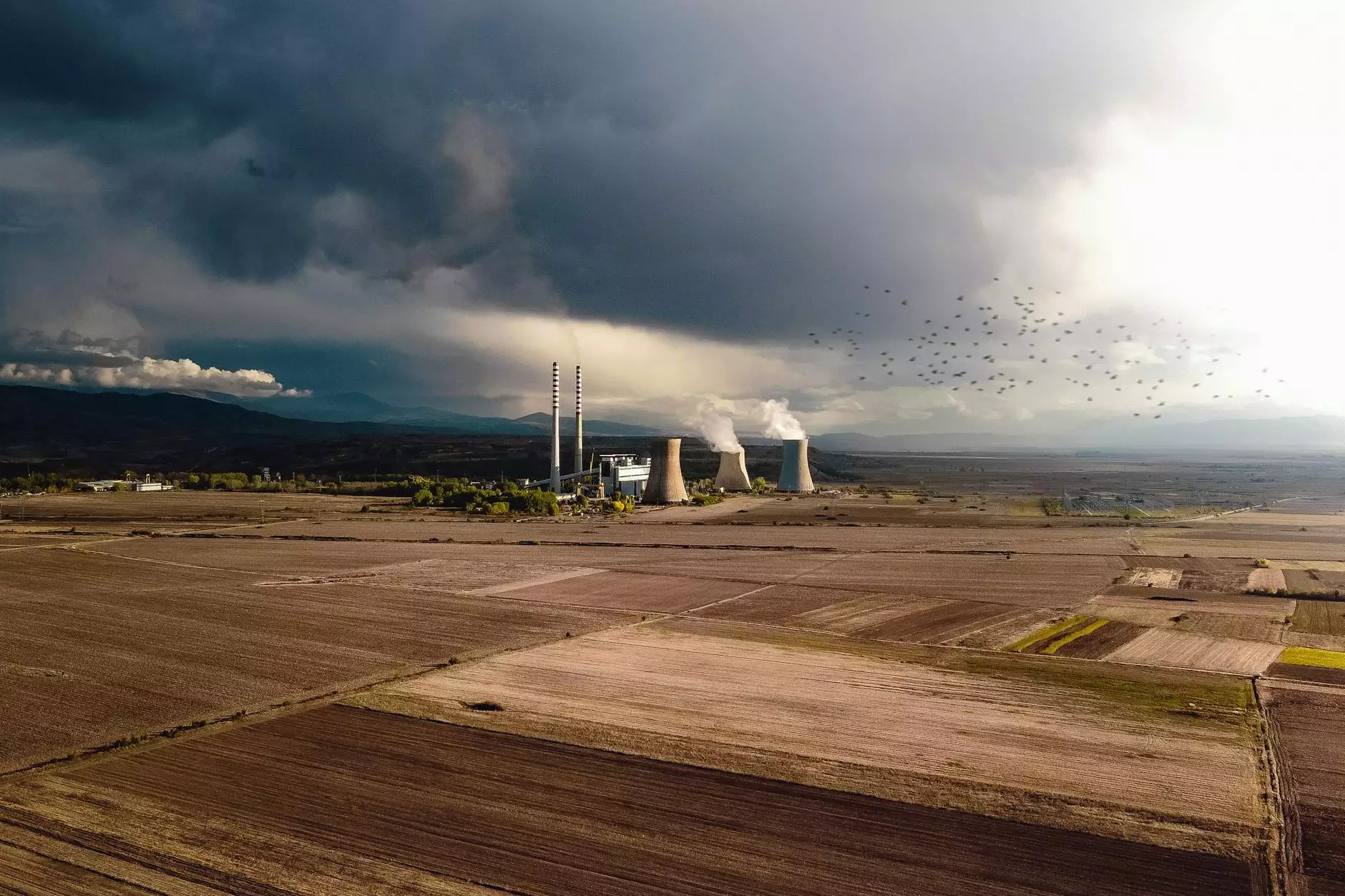The Ultimate Guide to Nuclear Power Energy

When it comes to meeting the growing energy needs of our society, the debate around nuclear power energy has been a hot topic for decades. As businesses strive to balance sustainability, cost-effectiveness, and reliability, understanding the pros and cons of nuclear power energy is crucial.
Pros of Nuclear Power Energy
Nuclear power energy offers several advantages that make it an attractive option for businesses looking for reliable and clean sources of energy. Let's explore some of the key benefits:
- Low Greenhouse Gas Emissions: One of the significant advantages of nuclear power energy is its low greenhouse gas emissions compared to fossil fuels. This makes it a more environmentally friendly option for businesses striving to reduce their carbon footprint.
- Reliability: Nuclear power plants can generate a consistent and reliable energy supply, making them ideal for businesses that require uninterrupted power for their operations.
- Energy Security: Utilizing nuclear power energy can enhance a business's energy security by reducing reliance on imported energy sources, thereby ensuring a more stable energy supply.
- Cost-Effectiveness: While the initial setup costs of nuclear power plants can be high, the long-term operational costs are relatively low, making nuclear power energy a cost-effective option in the long run.
Cons of Nuclear Power Energy
Despite its benefits, nuclear power energy also comes with its own set of drawbacks that businesses need to consider before opting for this energy source. Here are some of the key cons:
- Radioactive Waste: One of the most significant challenges of nuclear power energy is the generation of radioactive waste, which poses environmental and health risks if not managed properly.
- Safety Concerns: Nuclear power plants can be vulnerable to accidents, such as meltdowns or leaks, which could have severe consequences for both the environment and public health.
- High Initial Costs: The construction and maintenance of nuclear power plants require substantial investments, which can be a barrier for businesses with limited capital.
- Public Perception: The public perception of nuclear power energy is often negative due to concerns about safety and the potential for disasters, which can affect the reputation of businesses associated with this energy source.
Conclusion
As businesses navigate the complex landscape of energy options, weighing the pros and cons of nuclear power energy is essential for making informed decisions that align with their goals and values. By understanding the benefits and drawbacks of nuclear power energy, businesses can choose a sustainable and efficient energy source that meets their needs.
For more information on how nuclear power energy can impact your business and to explore further insights on this topic, visit Our Power.
nuclear power energy pros and cons








